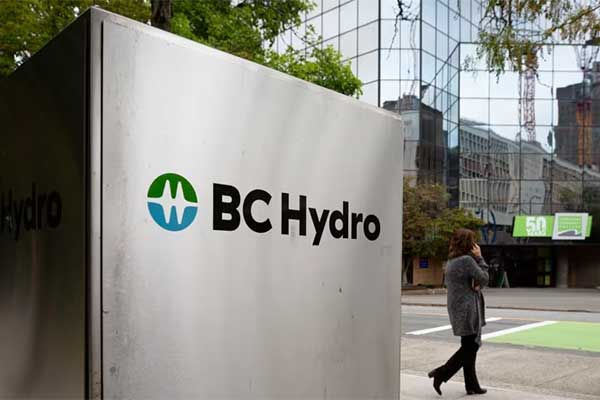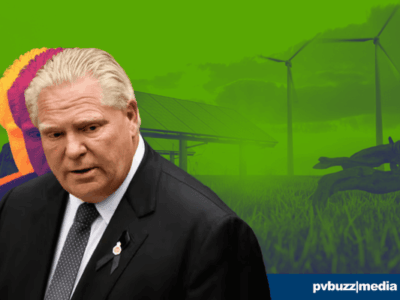BC Hydro is reaching out to the private sector for contributions towards British Columbia’s electricity grid, targeting an increase in supply through wind and solar power projects.
This initiative responds to a projected 15% hike in electricity demand by 2030, necessitating an additional 3,000 gigawatt hours annually—enough to sustain around 270,000 homes or a million electric vehicles.
The call invites proposals for projects capable of generating 40 to 200 megawatts, aiming for operation by 2028, to boost the province’s growing needs amidst its economic and population expansion.
Significantly, this strategy emphasizes Indigenous participation, mandating that proposals include at least 25% First Nations ownership. This requirement aligns with the broader objective of economic reconciliation and is supported by financing opportunities from the Canada Infrastructure Bank to facilitate First Nations’ investment in these projects.
The move is driven by the need to diversify BC’s energy sources.
Currently, 87% of its electricity comes from hydroelectric power, but recent drought conditions have underscored the vulnerability of this reliance and even led to power imports to meet demand. The inclusion of wind and solar power, whose costs have significantly dropped over the years, aims to fortify the province’s energy resilience against extreme weather conditions and climate change impacts.
This initiative is expected to attract between $2.3 billion and $3.6 billion in private capital investment, creating up to 1,500 jobs annually.
It complements BC Hydro’s 10-year, $36 billion capital plan to expand and upgrade the province’s electricity infrastructure.
By incorporating private wind and solar projects into the energy mix and ensuring substantial Indigenous participation, BC Hydro is not only addressing immediate and future energy requirements but also paving the way for a more sustainable and inclusive energy future in British Columbia.













Comments